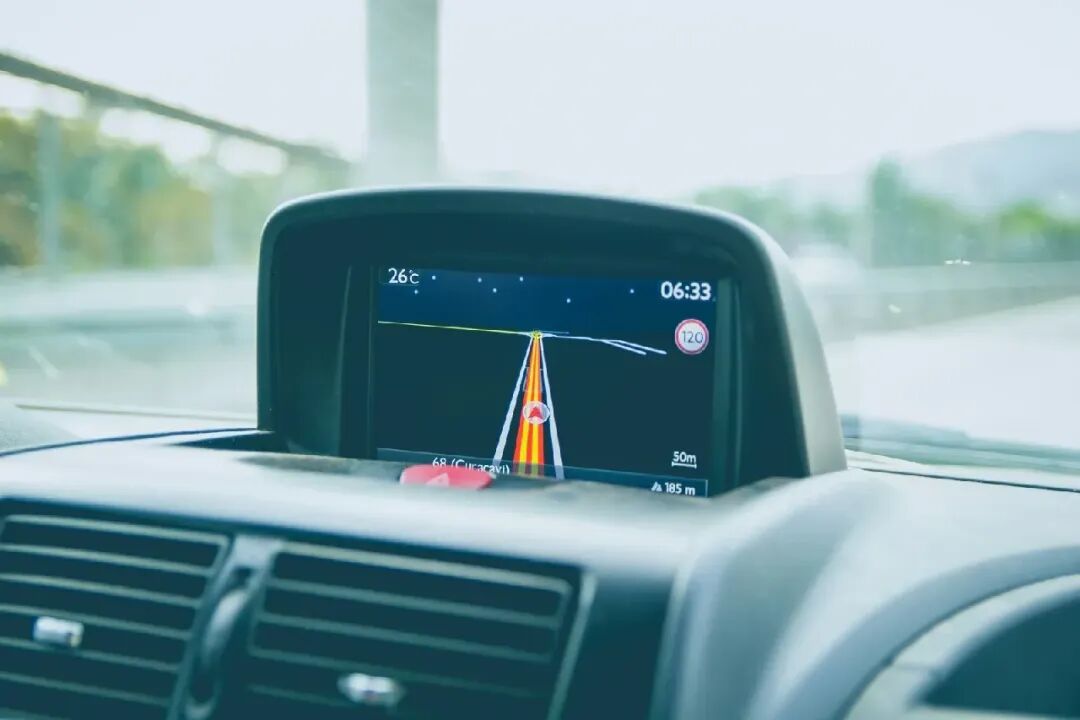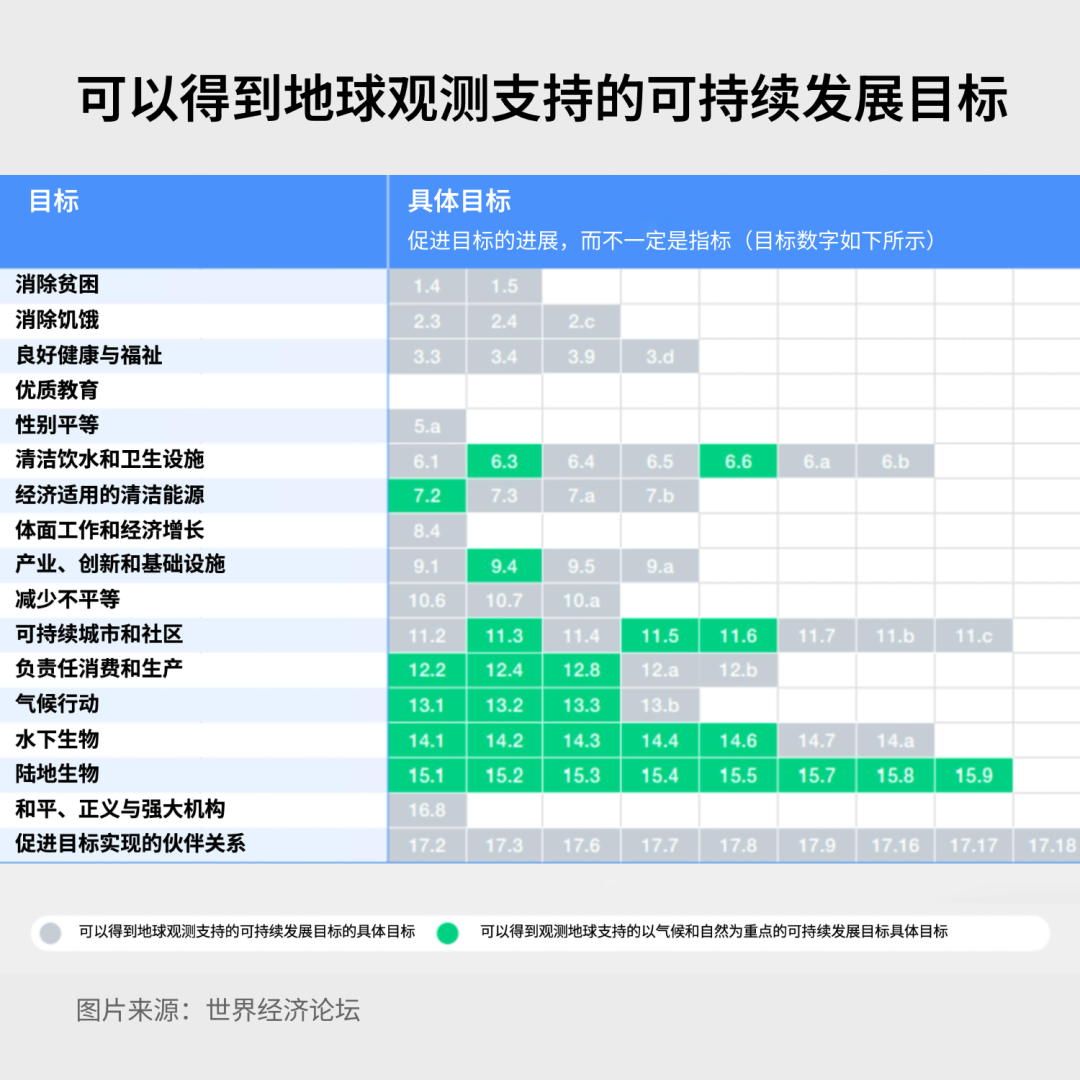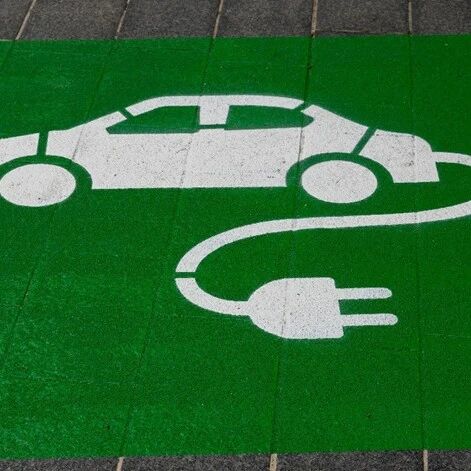According to recent tests conducted in the UK, quantum navigation is "immune to interference."
Image source:Unsplash/Alvaro Reyes
Madeleine North
PositionSenior Writer for the Forum Agenda
Quantum navigation is currently being tested on ships, aircraft, and subways to determine whether it can replace or serve as an alternative to satellite-based navigation systems like GPS.
Experts say that GPS and similar technologies are vulnerable to both accidental and deliberate disruptions, whereas quantum navigation "remains immune to interference."
The World Economic Forum report states that satellites remain essential for gathering Earth observation data.
The car's satellite navigation shows you've already arrived at the hotel, but all you can see are cows in a field.Sometimes, GPS—short for the Global Positioning System, which uses satellite signals to pinpoint locations with remarkable accuracy—can let us down. But have you ever wondered why it makes mistakes?Venturing outside the designated area—whether into steep valleys or dense forests—is enough to cause a car's GPS to fail, but there are also other, more malicious reasons that can lead to global navigation satellite system malfunctions.Imperial College London in the UK stated that Global Navigation Satellite Systems are widely used in a variety of devices, from aircraft and ships to precision-guided bombs—but they "are vulnerable to interference, spoofing, or jamming."Deception is another issue—specifically, the act of sending false signals that trick GPS devices into thinking an aircraft is somewhere else. According to data from the European Business Aviation Association, nearly 50,000 such incidents were reported on planes in 2022, a fivefold increase compared to the previous year.That’s why scientists and governments are focusing on developing contingency plans to push quantum navigation forward.What is quantum navigation?At its core, everything revolves around atoms. The scientific publication *New Atlas* explains that satellite navigation relies on signals reflected back from space, while quantum navigation focuses on tracking the movement of individual atoms under ultra-cold conditions.Quantum navigation systems aren’t installed on satellites in space—they’re embedded directly into each individual vehicle, with measurements taken right "at the point of use." According to Richard Claridge, a physicist at PA Consulting Group, this means the signals "don’t drift," making interception significantly more challenging.This May, the UK conducted two quantum navigation tests—once aboard a Royal Navy vessel and another on a small jet aircraft. The following month, London’s underground transportation system served as the testing ground for this cutting-edge technology.The successful test has demonstrated that quantum navigation is "uninterruptible," and the UK's research paves the way for the technology to be more widely adopted in the future.Will quantum navigation replace GPS?It is estimated that a one-day disruption to satellite services would cost the UK more than $1.3 billion. As a result, governments and businesses are undoubtedly eager to find a solution.However, quantum navigation systems are unlikely to replace global navigation satellite systems anytime soon. Achieving quantum navigation requires ultracold atoms, and the current equipment remains bulky and large-scale. Experts note that even if the devices shrink in size over the next few years, quantum navigation will likely serve as a backup option in many scenarios—rather than a full-fledged replacement for GPS.Claridge said they could also be deployed in places without a global navigation satellite system, such as underwater.Henry White, a member of the British aerospace systems company team that participated in this aircraft test flight, told the BBC: "You don’t give up on satellite systems—they’re incredibly convenient."While quantum navigation could potentially replace satellite navigation, the value of satellite data remains immense.
Image source:World Economic Forum
The benefits of satellite dataOf course, the satellite will continue to benefit life on Earth in other ways as well.According to the World Economic Forum's report, "Unlocking the Global Value of Earth Observation," Earth observation insights are expected to generate more than $700 billion in revenue by 2030. The Forum notes that, in contributing to the global economy, Earth observation satellite data is being used to monitor extreme weather events and water quality, as well as to forecast poverty rates and other critical indicators.For example, Earth observation is projected to indirectly help eliminate 2 billion tons of greenhouse gases each year, as the climate change data collected will be available for actionable insights and interventions.Satellites help measure two-thirds of the key climate variables.
Image source:World Economic Forum
The forum also estimated that 16 of the United Nations' 17 Sustainable Development Goals could be supported by Earth observation.Therefore, advancements in quantum technology certainly won’t threaten the future of satellites. However, the future of transportation could become even safer and more reliable.
The above content solely represents the author's personal views.This article is translated from the World Economic Forum's Agenda blog; the Chinese version is for reference purposes only.Feel free to share this on WeChat Moments; please leave a comment below the post if you’d like to republish.
Editor: Wang Can
The World Economic Forum is an independent and neutral platform dedicated to bringing together diverse perspectives to discuss critical global, regional, and industry-specific issues.
Follow us on Weibo, WeChat Video Accounts, Douyin, and Xiaohongshu!
"World Economic Forum"







